
A FRIEND EMAILED ME A LINK TO THIS ARTICLE AND I THINK IT IS IMPORTANT TO POST. PLEASE READ IT AND PASS IT ON. REMEMBER THE COMMUNITY ASSEMBLY: "STATE OF EMERGENCY" STOPPING FAMILY VIOLENCE AND RESTORING TRADITIONAL AFRICAN CENTERED VALUES, JANUARY 12, 2008, 6PM, AFRIKAN DJELI-840 RALPH D ABERNATHY BLVD, ATLANTA, GA MORE INFORMATION: THE AFRICAN COMMUNITY CENTER/ATLANTA 404.344.5454 OR EMAIL FUNCTIONALUNITY@BELLSOUTH.NET
Men, united, can help stop abuse
Sholain Govender
28 November 2007
As South Africans are being called on to help stop violence against women and children in the country, two local organisations are striving to nurture a stronger and wiser generation of South African men.
This year's 16 Days of Activism for No Violence against Women and Children Campaign was launched on Sunday, with several men's marches taking place in cities throughout the country.
The campaign challenges South African men to declare a truce on violence against women and children - and, ultimately, to make it a permanent one.
Daniel Leshike and Dumisani Rebombo are already doing this. They are among a number of men who are leading men in the fight against gender violence on a daily basis.
Men as Partners
At the age of 15, Rebombo raped a girl along with a friend. "I did it as an act of masculinity," admits the man who is now 46 years old. He married at a young age and went on to use religion to maintain superiority over his wife.
"I insisted that she had to listen to everything I said because that was what God wanted," he says.
Rebombo is now completely reformed, a change which he attributes to education. As the EngenderHealth Men as Partners South African programme manager, he has worked with thousands of men from around the country over the past seven years.
Addressing Parliament this month, Deputy President Phumzile Mlambo-Ngcuka called on South African men to "take ownership" of the issue of violence perpetrated against women.
The only way there can be a change in the behaviour of men in the country, Mlambo-Ngcuka said, is to increase their level of understanding of the issues around abuse against women and children.
This is exactly what Rebombo does as he counsels men and facilitates workshops where men, young and old, are encouraged to change abusive social patterns to help reduce the abuse, rape and murder of women and children in their communities.
"I started volunteering when I worked for Rand Water, and after leaving the company I decided to get more involved," says Rebombo.
Helping men to adapt
Daniel Leshike (29), co-ordinator of the Agisanang Domestic Abuse Prevention and Training (Adapt) men's programme, dedicated his social work career to empowering men in Alexandra, a township in Johannesburg, after training as a counsellor following his university years.
Adapt facilitates a forum with a membership of around 26 men, aged from 16 upwards, who host a number of discussion groups in the community aimed at raising awareness of issues surrounding abuse, gender stereotypes and equality.
"Our main objectives are to include men as part of the solution to gender-based violence and to empower men to take control of their lives," says Leshike.
Adapt trains forum members in trauma counselling and gender sensitivity and runs several parallel programmes with a youth division in order to promote good fathering in the Alexandra community.
In a novel bid to break the silence surrounding abuse, Adapt has a formed a relationship with the Alexandra Liquor Traders Association, and forum members visit taverns regularly, creating impromptu discussions with patrons on topics related to gender violence.
"Some men tell us that it is their culture to be in control or abuse a woman because 'a woman is a woman'," says Leshike. "But we tell them that in African culture a woman is a flower."
Good men - who remain silent
With over 7 000 men seeking assistance from his organisation annually, Rebombo believes his work is contributing to the eradication of gender violence in the country.
He says there are many good men out there - "I believe, and research says so" - but that most of these men remain silent when abuse takes place.
Leshike agrees, saying that there are men who would make good role models but they need to stand up and be heard in order to make a difference in the country.
Both men agree that many challenges exist in South Africa regarding the education of men in the eradication of gender-based violence. Among these challenges are a lack of sufficient funding, the abundance of stereotypes, and misinterpretation of religion and culture.
Most challenging of all in the battle being fought by counsellors such as these, however, is the reluctance of men to work with men - a battle that still needs to be won.
Source: BuaNews Link to story: http://www.southafrica.info/public_services/citizens/your_rights/men-abuse.htm
DAY 29 (write it down, meditiate on it for 15min, journal your thoughts)
29. When I am aware of the God Self within me as my total fulfillment, I am totally fulfilled. I am now aware of this Truth. I have found the secret of life, and I relax in the knowledge that the Activity of Divine Abundance is eternally operating in my life. I simply have to be aware of the flow, the radiation, of that Creative Energy, which is continuously, easily and effortlessly pouring forth from my Divine Consciousness. I am now aware. I am now in the flow.

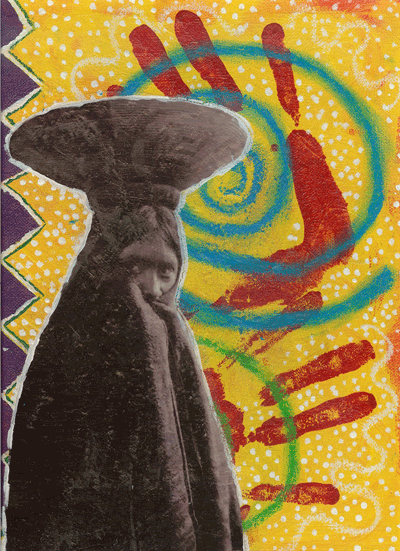
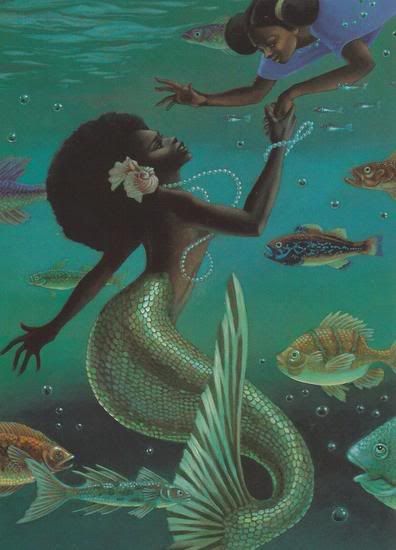
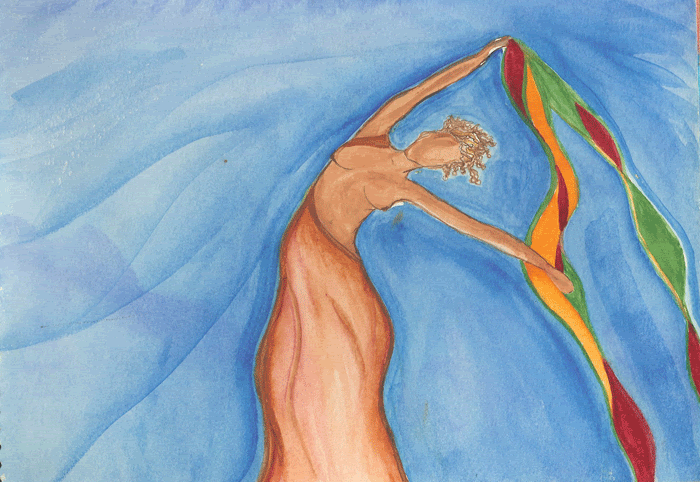
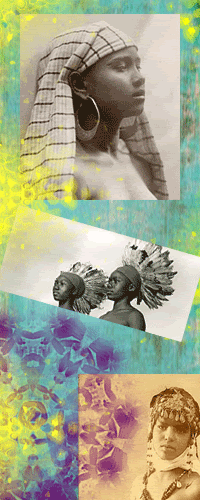









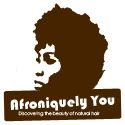



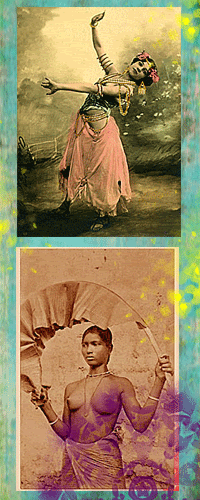
0 comments:
Post a Comment